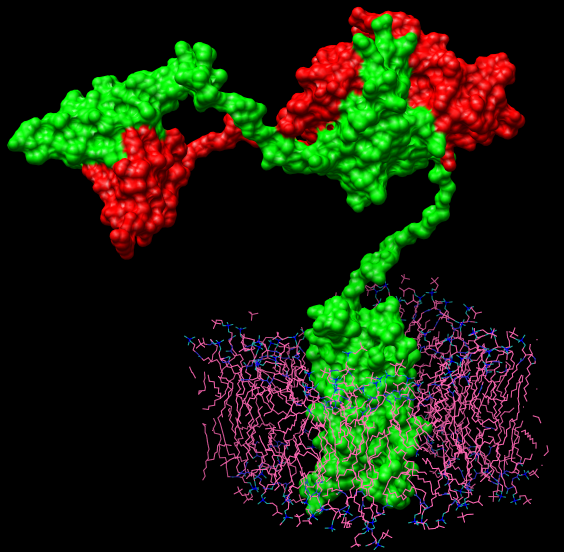The main article I read was called "Organic" Foods, which debated the actual meaning of organic and what can be called organic. Since the 1970's the meaning of organic has been argued about by the FDA, USDA, and many other organizations. The first definition made was by Robert Rodale and pretty much stated that the food should be grown without pesticides, fertilizers, preservatives, hormones, antibiotics, etc. But later a group of scientists working for USDA revised it saying, "While striving to avoid the use of chemical fertilizers and pesticides, these practitioners do not rule them out entirely. Instead, when absolutely necessary, some fertilizers and also herbicides are very selectively and sparingly used as a second line of defense. Nevertheless, these farmers, too, consider themselves to be organic farmers [6]."
This is pretty much saying that if the farmers crops are getting eaten by bugs or are not growing, then they can use chemicals to help their crops grow, which pretty much makes the crops un-organic. Many farmers can use this as an excuse to use chemicals when growing plants which makes it a lie.
The definition of organic and what can be labeled as organic was changed many times, and on October 21, 2001 it was officially revised and put in to effect. The new revision said, "Organic food is produced by farmers who emphasize the use of renewable resources and the conservation of soil and water to enhance environmental quality for future generations. Organic meat, poultry, eggs, and dairy products come from animals that are given no antibiotics or growth hormones. Organic food is produced without using most conventional pesticides; petroleum-based fertilizers or sewage sludge-based fertilizers; bio-engineering; or ionizing radiation. Before a product can be labeled "organic," a Government-approved certifier inspects the farm where the food is grown to make sure the farmer is following all the rules necessary to meet USDA organic standards. Companies that handle or process organic food before it gets to your local supermarket or restaurant must be certified, too [20]." This explains that chemicals and pesticides should not be used, but if there is a great need for them certain ones that are not too harmful may be used to help the growth of crops.
http://www.quackwatch.org/01QuackeryRelatedTopics/organic.html
In the next article Natural and Organic Foods, I'm mainly focusing on page five which talks about what the FDA definition for organic has to be for the producer to put "organic" on whatever he or she is selling. This also took place October 21, 2001 and it stated, " Products labeled "100 percent organic" must contain only organically produced materials .Products labeled "organic" must contain at least 95 percent organic
ingredients . Products in this or the first category may (but art not required
to) display the USDA Organic seal shown an page 2. Products that contain between ?0 arid 95 percent organic ingredients may use the phrase "made with organic ingredients" on the label and may list up to three of the organic ingredients (e .g ., carrots) or food groups (e .g ., vegetables) on the principal display area. Products with less than 70 percent organic ingredients may not use the term organic other than to identify specific organic ingredients ."
These are the rules for what can and cannot be called organic, if someone labels something as organic and it is not, then they have to pay a fine.
http://www.fda.gov/ohrms/dockets/dockets/06p0094/06p-0094-cp00001-05-Tab-04-Food-Marketing-Institute-vol1.pdf
The Constitution is relevant because the Congress decides all things, like the example above what the definition for organic is. They are able to change the meaning any time they want. This is shown in Article I Section 8 of the Constitution.
I was interested in this because I am a very health oriented person, I try to have everything I eat be organic and I wanted to know weather all products labeled organic actually were. I didn't know that they do actually allow farmers to sometimes use chemicals and that only 70% of the ingredients have to be organic and not 100%. I have a better understanding now of what organic actually means.










